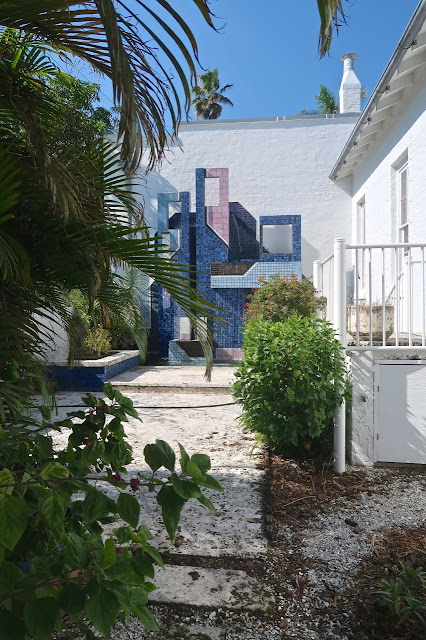The Spanish conquistadors came to Sarasota seeking fortune, fame, and adventure. They were awed by the beauty of Florida’s Gulf Coast but were more interested in finding wealth than creating a permanent settlement. If Hernando Cortez were to see his namesake fishing village nestled on a picturesque point in Manatee County across from Anna Maria Island, he might be astounded to discover that the wealth of the area was not in gold, but in fish. Nestled in a 1912 Schoolhouse on almost 4 acres of land in the historic fishing village of Cortez, The Florida Maritime Museum preserves and shares Florida’s rich Maritime heritage. Founded on the importance of the local commercial fishing industry, the museum includes a research library with a variety of books, plans, logs, diaries, letters, records and archival material about maritime subjects, with special emphasis on Florida’s Gulf Coast, in addition to exhibits of boat models, tools, instruments, historic photographs and a large collection of shells from the Gulf of Mexico.
Founded in the 1880s, the historic commercial fishing village of Cortez is on the National Register of Historic Places, highlighting its importance as one of the few remaining working commercial fishing communities in Florida. Although commercial fishing and agriculture where once the pillars of the local economy, urbanization, habitat loss, and competition with recreational fishing interests led to contraction of the fishing industry. The last fish house still working is A.P. Bell, founded in 1940 by Aaron Bell, a noted area rogue who realized that he did better on his own than with partners. The house is now run by Karen Bell. Although she left Cortez to go to college and because her father wanted her to have an easier life, she missed the area and felt a responsibility to the community. In 1986 she returned and eventually bought the Star Fish Market, turning it into a thriving waterfront restaurant, and is also the day-to-day manager of the A.P. Bell Fish House. In the winter season A.P. Bell employs 50 people and services at least 100 boats, and ships fish around the globe. Karen is very conscious that Cortez is a “working” village. She participates with FISH, the Florida Institute for Saltwater Heritage, an organization dedicated to preserving, maintaining, and promoting public awareness and protection for the traditional maritime culture and facilities in Cortez and elsewhere, and so the unique spirit of Cortez continues.
Propeller from the 1892 steamboat Mistletoe' which began its run in the late 1800s and was Sarasota’s first reliable and regular connection to cities and counties nearby
Interior of the Florida Maritime Museum in the historic village of Cortez
Beautiful shell collected by fishermen, who treasured the beauty as well as the bounty of the sea
Small replica of the 'Glenda Fay' fishing trawler with local sponges
Diorama of Fogarty Boatworks based in Bradenton Florida
Nestled in a 1912 Schoolhouse on almost 4 acres of land in the historic fishing village of Cortez, the Florida Maritime Museum preserves and shares Florida’s rich Maritime heritage
Collection of marine code flags
Museum library collection of rare navigation books and old photographs
Paddle wheel steamboats were the primary means of transportation in Florida,
particularly along the lakes and rivers found in the Panhandle near Tallahassee
Net fishing used to be common sight in Cortez until a net ban in 1994 prohibited their use
Outdoor waterfall and pond beside the museum
Secret garden window into the private courtyard of the museum
Built by local landscape designer Alan Garner in the 1980’s, the fountain was recently restored

















No comments:
Post a Comment